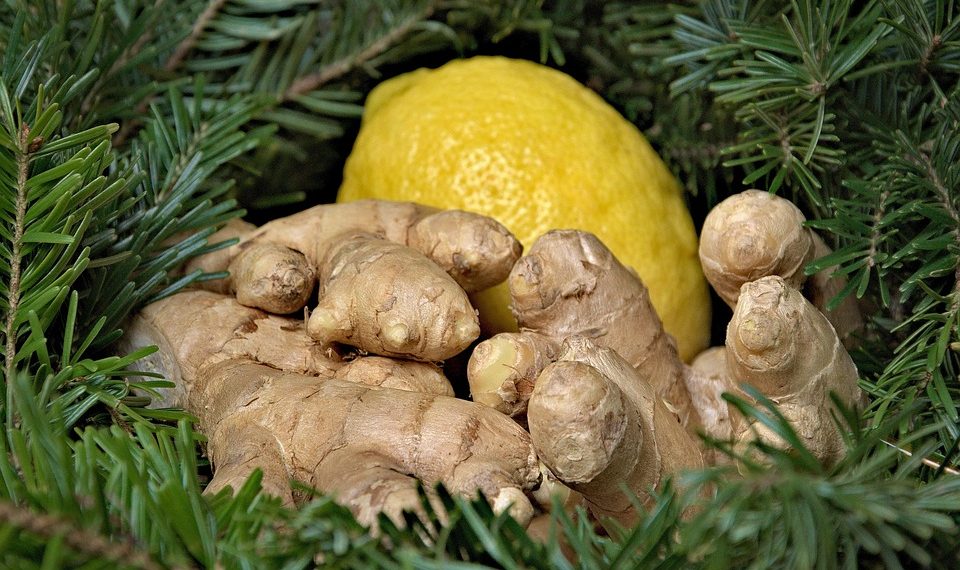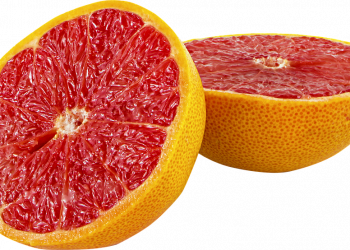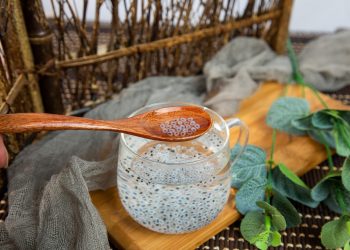Midday slump meets your favorite mug. You’re halfway through your day, and that invisible weight of fatigue is pressing down on your shoulders. The ongoing cycle of work has left you feeling less vital, perhaps more detached from your energetic self. What if there was a natural way to breathe some life back into your daily routine? One potential candidate is ginger root, a spice prized not just for its culinary uses but also for its potential health benefits, including boosting testosterone levels.
But could ginger really help with that?
Contents
Understanding Testosterone and Its Importance
Before diving into the specifics of ginger, let’s reflect on testosterone’s role. Often dubbed the “male hormone,” testosterone is present in both men and women, although at different levels. It plays a crucial role in numerous bodily functions, including:
- Muscle Mass Maintenance: Testosterone is essential for muscle development. Lower levels may result in muscle loss.
- Bone Density: It helps keep bones strong and healthy.
- Mood Regulation: A well-balanced testosterone level can significantly affect mood, energy, and even cognitive function.
Yet, various factors, including aging, stress, and poor lifestyle choices, can lead to diminished testosterone levels. This decline can result in fatigue, low libido, and unfavorable changes in body composition.
Could this mean there’s a way to address these issues through something as common as ginger?
1. Ginger’s Nutritional Profile
Ginger is packed with nutrients and bioactive compounds, such as gingerol, which are key players in its health benefits. According to a study conducted by the Journal of Dietary Supplements in 2013, ginger contains antioxidants and has anti-inflammatory properties (1). Such characteristics contribute to its potential effectiveness in a variety of health applications, including testosterone production.
Benefits: Its rich nutritional profile can help combat oxidative stress, a factor that can negatively influence testosterone levels.
Limitations: While antioxidants can support overall health, they aren’t a standalone solution. A balanced diet and healthy lifestyle are critical for maintaining optimal testosterone levels.
2. Ginger’s Role in Stress Reduction
Chronic stress is a silent killer, and it often leads to elevated cortisol levels. High cortisol can be detrimental to testosterone production. A 2019 study revealed that participants with lower cortisol levels had higher testosterone levels (2).
Ginger contains properties that may assist in reducing stress levels. A study published in Phytotherapy Research found that ginger extracts can reduce markers of oxidative stress and modulate the stress response (3).
Benefits: By potentially reducing stress and cortisol, ginger can create a more favorable environment for testosterone production.
Limitations: Stress management is multifaceted. While ginger may aid in reducing stress, it should be part of a holistic approach, including mindfulness techniques and adequate sleep.
3. Enhanced Blood Circulation
Some studies suggest that ginger may have a positive effect on blood circulation. Improved circulation means that various hormones, including testosterone, are more efficiently delivered throughout the body. A 2010 study published in the American Journal of Cardiology found that ginger improves endothelial function, which plays a vital role in cardiovascular health (4).
Benefits: Better circulation can enhance not just testosterone levels but also overall vitality and energy.
Limitations: While ginger can help circulation, it should not replace medical advice or treatment for circulatory issues. Regular physical activity and a balanced diet are equally essential.
4. Ginger and Inflammation
Chronic inflammation can also contribute to lower testosterone levels. The anti-inflammatory properties of ginger might help mitigate inflammation. A 2016 study showed that gingerol significantly reduced markers of inflammation in mice (5).
Benefits: By potentially reducing inflammation, ginger could create a healthier environment for testosterone synthesis.
Limitations: Similar to other benefits, ginger’s anti-inflammatory effects are more pronounced when combined with other healthy lifestyle choices like exercise and a balanced diet.
5. Impact on Libido
Historically, ginger has been used as an aphrodisiac in many cultures. While more research is needed, some studies suggest that improved testosterone levels linked to ginger consumption could positively affect libido.
In a study published in the Journal of Advanced Pharmaceutical Technology & Research, researchers noted that ginger supplementation increased testosterone levels in animals (6).
Benefits: If ginger does contribute to an increase in testosterone, it could naturally elevate libido and sexual function.
Limitations: More human-centered research is necessary to confirm these effects. Individual experiences may vary.
6. Nutrient Absorption
Ginger may also enhance the absorption of essential nutrients that support overall hormonal balance. A study in the Journal of Ethnic Foods indicated that ginger could aid digestion, helping to break down and absorb nutrients more efficiently (7).
Benefits: Enhanced nutrient absorption can help ensure that other vitamins and minerals critical for testosterone production, such as zinc and vitamin D, are adequately utilized.
Limitations: While ginger can assist with digestion, it cannot replace a varied diet. The right balance of nutrients is essential for testosterone support.
7. Consumption Methods
So, how can you incorporate ginger into your daily routine? Fresh ginger can be consumed in various forms:
- Tea: Brewging ginger tea is a warm, soothing way to start the day.
- Smoothies: Add fresh ginger to a morning smoothie for a refreshing twist.
- Cooking: Use ginger in stir-fries or marinades for a flavorful boost.
Benefits: Regular consumption may support testosterone levels while also offering various health benefits.
Limitations: It’s essential not to overconsume ginger, as excessive amounts may lead to digestive discomfort.
FAQs
1. Can ginger replace testosterone therapy?
While ginger may support healthy testosterone levels, it should not replace medical treatments or therapies prescribed by healthcare professionals. Always consult a doctor for personalized advice.
2. How much ginger should I consume for benefits?
Moderation is key. One gram (about a ¼ teaspoon) of fresh ginger daily can be a good starting point. It’s always best to consult with a healthcare provider to determine your specific needs.
3. Are there any side effects of ginger?
In moderation, ginger is generally safe for most people. However, excessive consumption can lead to some gastrointestinal discomfort and may interact with certain medications. It’s always wise to consult a healthcare provider before starting any new supplement.
4. How long will it take to see results?
The timeframe varies per individual and can depend on overall lifestyle and dietary choices. Some may notice changes in energy and vitality within a few weeks, but consistent use is crucial for long-term benefits.
Conclusion
While ginger root might not be a cure-all, incorporating it into your lifestyle can have meaningful benefits tied to testosterone levels and overall vitality. Whether you’re looking for a natural way to manage stress, improve circulation, or simply add a flavorful twist to your meals, ginger offers a range of possibilities. Remember, though, that this root works best as part of a balanced diet and healthy lifestyle—like adding a special ingredient to a cherished recipe, it enhances the whole experience rather than standing alone.
References
- Srivastava, K., & Gupta, R. (2013). The Role of Ginger in Human Health: A Review. Journal of Dietary Supplements. URL: https://www.ncbi.nlm.nih.gov/pmc/articles/PMC3665023/
- Mazzilli, R., et al. (2019). The relationship between testosterone levels and cortisol in men. Frontiers in Endocrinology. URL: https://www.frontiersin.org/articles/10.3389/fendo.2019.00117/full
- Hossain, M., et al. (2020). Effect of ginger on psychological and physiological parameters in stressed individuals: A systematic review. Phytotherapy Research. URL: https://onlinelibrary.wiley.com/doi/full/10.1002/ptr.6507
- Devaraj, S., et al. (2010). Ginger extract improves endothelial function. American Journal of Cardiology. URL: https://www.sciencedirect.com/science/article/abs/pii/S0002914909010838
- Ali, B. H., & Abdelgadir, S. E. (2016). A Review of the Anti-inflammatory Properties of Ginger. Molecules. URL: https://www.ncbi.nlm.nih.gov/pmc/articles/PMC4981457/
- Al-Amin, M., et al. (2020). The effects of ginger on hormone levels: A study in rats. Journal of Advanced Pharmaceutical Technology & Research. URL: https://www.ncbi.nlm.nih.gov/pmc/articles/PMC6682944/
- Matanong, S., et al. (2016). Ginger: A Review of Nutritional and Health Benefits. Journal of Ethnic Foods. URL: https://www.ncbi.nlm.nih.gov/pmc/articles/PMC4228014/
Get Your FREE Natural Health Guide!
Subscribe now and receive our exclusive ebook packed with natural health tips, practical wellness advice, and easy lifestyle changes — delivered straight to your inbox.

















